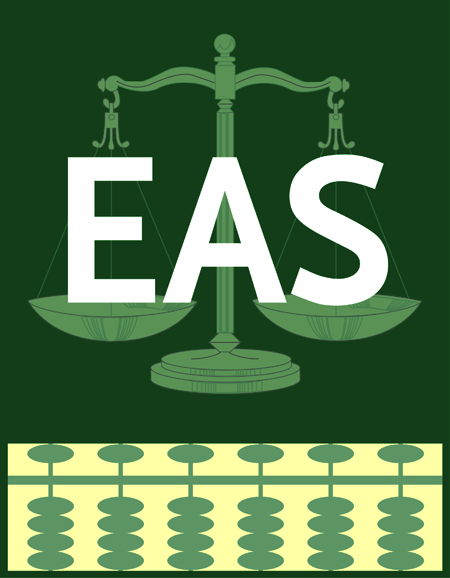CONTACT US
Enter your Name, Email Address and a short message. We'll respond to you as soon as possible.


Noel Santos
Emmanuel A. Santos JD CPA, Incorporated
447 Sutter Street, Suite 714, San Francisco, CA 94108
Phone: 415-362-8921
Fax: 415-362-8924
Cell: 415-412-5839
Email: noel@eas-cpa.com
Website: www.eas-cpa.com
Your Business...Your Family...Our Concern
Whether you have just started a side hustle or have been freelancing for years, filing taxes can present challenges. Here are some points to keep in mind.
A SIMPLE (Savings Incentive Match Plan for Employees) IRA allows you to put all your net earnings from self-employment into the plan, up to a total of $16,000 or $19,500 if 50 or over.
Enter your Name, Email Address and a short message. We'll respond to you as soon as possible.
The information and opinions contained in this web site are obtained from sources believed to be reliable, but their accuracy cannot be guaranteed. The publishers assume no responsibility for errors and omissions or for any damages resulting from the use of the published information. This web site is published with the understanding that it does not render legal, accounting, financial, or other professional advice. Whole or partial reproduction of this web site is forbidden without the written permission of the publisher.